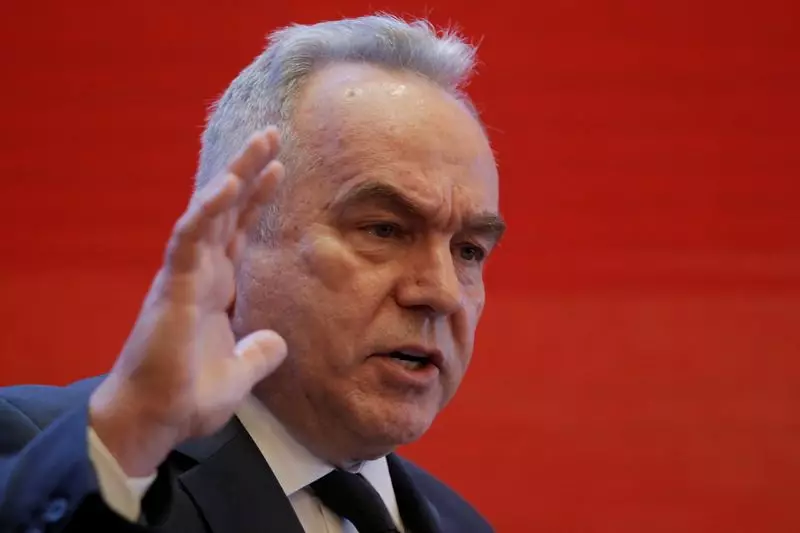In response to Indian Prime Minister Narendra Modi’s visit to Moscow, U.S. Deputy Secretary of State Kurt Campbell expressed his expectation that India will soon be more engaged with Ukraine. He acknowledged the importance of India playing a responsible role globally and the potential impact of their increased involvement in the conflict.
While Western countries have imposed sanctions on Moscow for its invasion of Ukraine, countries like India and China have maintained their trade relations with Russia. This has raised concerns among Western nations, including the United States, regarding the global implications of these trade relationships amidst the ongoing conflict.
The meeting between Indian Prime Minister Narendra Modi and Russian President Vladimir Putin in Moscow coincided with a tragic event – a Russian missile strike on a hospital in Kyiv, resulting in the death of multiple civilians. The international community condemned the attack, prompting scrutiny of India’s close ties with Russia during a critical time.
Despite concerns over India’s relationship with Russia, Deputy Secretary of State Campbell emphasized the significance of strengthening ties between the United States and India. He highlighted the Indian diaspora and the shared desire for a strong relationship between the two nations. Campbell emphasized the importance of respecting India as a great power with its own set of beliefs and interests, even though they may not be formal allies of the United States.
Campbell emphasized the importance of fostering a strong partnership with India on the global stage, recognizing the differences in ideologies and policies between the two countries. While acknowledging that India may not align with the United States on every issue, there is a shared goal of maintaining a robust relationship that benefits both nations.
The evolving role of India in the Ukraine conflict and its global relationships underscores the complexities of international diplomacy. As India navigates its partnerships with various countries, including Russia and the United States, it is essential to strike a balance between its national interests and global responsibilities. The dynamics between India, Russia, and the United States are critical in shaping the geopolitical landscape and promoting stability in the region.

